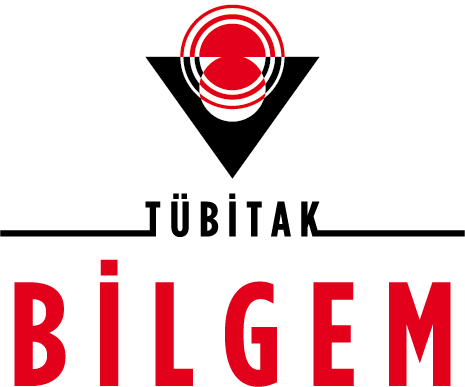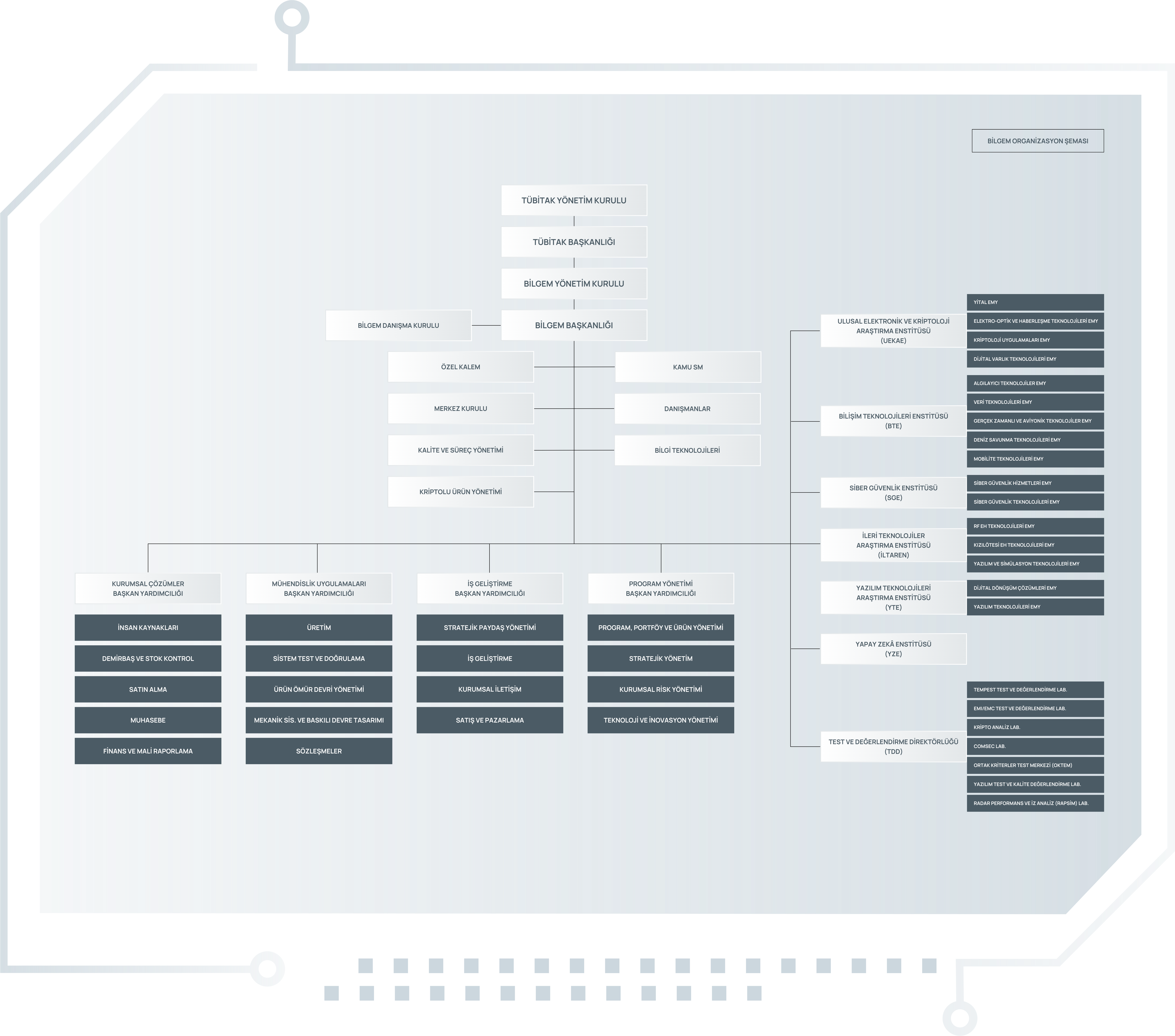CORPORATE
Our Core Activities
The main activities of BİLGEM are Research and Development, Test and Evaluation, Prototype Production and Training. The Center has institutes that have carried out hundreds of successful projects in the fields of advanced electronics, information technologies, cryptology, cyber security, software technologies, information security and telecommunications. These institutes are as follows:
National Research Institute of Electronics and Cryptology (UEKAE) >>
Information Technologies Institute (BTE) >>
Advanced Technologies Research Institute (İLTAREN) >>
Cyber Security Institute (SGE) >>
Software Technologies Research Institute (YTE) >>
Artificial Intelligence Institute (YZE) >>
In addition, TÜBİTAK BİLGEM acts on the principle of providing customized solutions to meet stakeholder requirements, rather than providing uniform solutions to meet the IT and information security needs of our country. The technological solutions developed by BİLGEM are used by NATO countries and many European and Asian countries. Thanks to these contributions of our Center, our country has become a country that exports solutions in the fields of informatics and information security and competes with the world giants.












